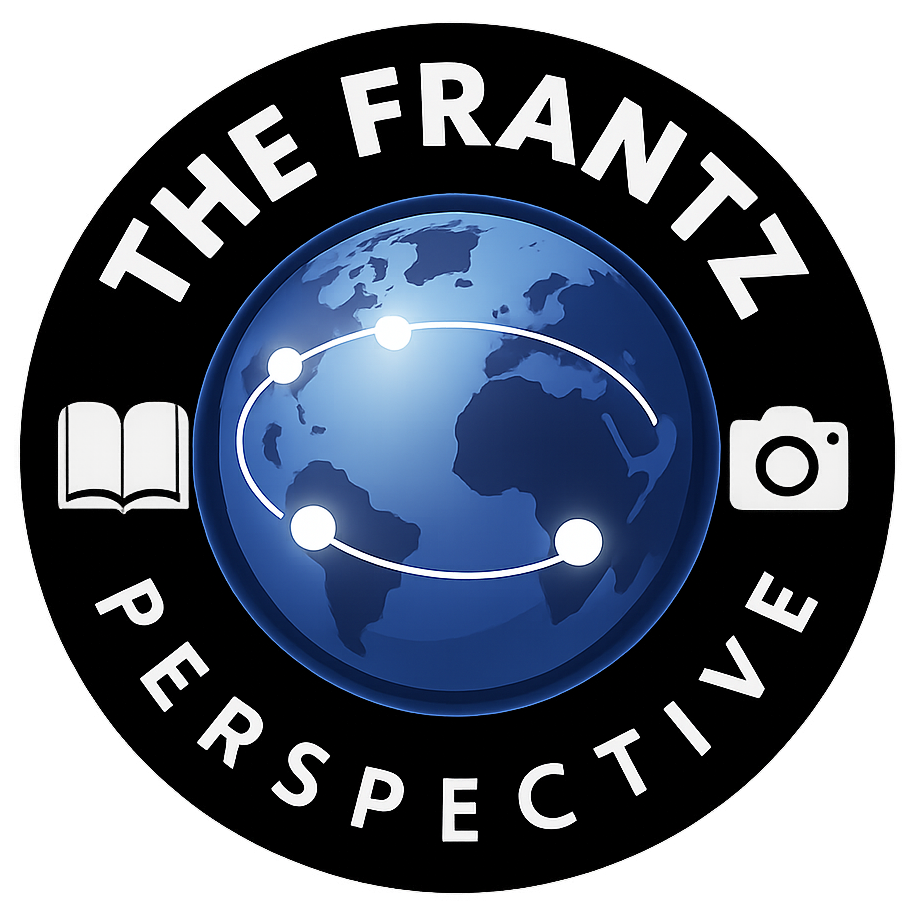Reading Rehabilitation Strategies for Today’s Oral Culture
Our lives are now dominated by television debates, radio broadcasts, and digital content, which causes reading to become a secondary activity. The ancestral method of gaining knowledge through reading often goes unheeded by many people, whether they realize it or not. The present-day challenges and our world’s complexity and personal growth needs demand a profound exploration that audiovisual media cannot provide. Human communication depends on oral culture, a culture primarily based on spoken or sung language, but it cannot be the ultimate goal for acquiring knowledge. Reading is vital for intellectual freedom and social independence in today’s world.

Speech is immediate, lively, and seductive
It enables swift interaction while simultaneously grabbing attention and transmitting feelings. The fleeting quality of development speech represents its fundamental constraint. Michel Serres described orality as akin to wind, while reading represents a constructed form. Where the oral captures, the text fixes. Reading demands a dedicated effort to comprehend, analyze, and deepen understanding.
Global thinkers stress how reading creates powerful, transformative effects. James Baldwin, an African-American writer, stated, “You might believe your emotional struggles surpass all previous human experiences until you start reading. ” Reading reveals how our individual life stories resonate with universal tales. Reading broadens our awareness and connects our personal experiences to universal truths.
In a different tradition, the Chinese philosopher Confucius already taught in the 6th century BCE that reflection holds no value without reading, and reading becomes hazardous if not accompanied by reflection. Pursuing genuine knowledge relies fundamentally on the connection between reading and reflection. Reading is an act of balance: Reading requires equilibrium between emotional understanding and intellectual analysis while gathering information and changing perspectives.
Cheikh Anta Diop, a Senegalese historian and scholar, argued that written knowledge must be reclaimed as the foundation for African development. He viewed expertise in texts and historical understanding as vital prerequisites for achieving cultural independence. In his writings, he warned that people who do not remember their history are lost without direction. This collective memory survives through oral tradition and written collections in books and libraries.
Reading goes beyond knowledge acquisition because it helps develop various skills. Engaging with technical, professional, or philosophical literature develops intellectual tools that structure thinking and enhance argumentation and writing capabilities, thereby improving speaking abilities. Personal and professional advancement requires reading to be a fundamental tool for those who seek improvement.
Despite its value, oral culture falls short of achieving complex understanding
Reading allows individuals to build personal meaning while engaging in profound inquiry and achieving enduring change. As Chinese poet and writer Lu Xun stated in China seeking renewal, “Books are the ladder of progress.”
Today’s rapid pace demands that restoring reading becomes a necessity. Reading enables individuals to control their internal thinking processes. Beyond following the trends, becoming an actor in one’s knowledge involves choice. And no screen can ever replace this.
